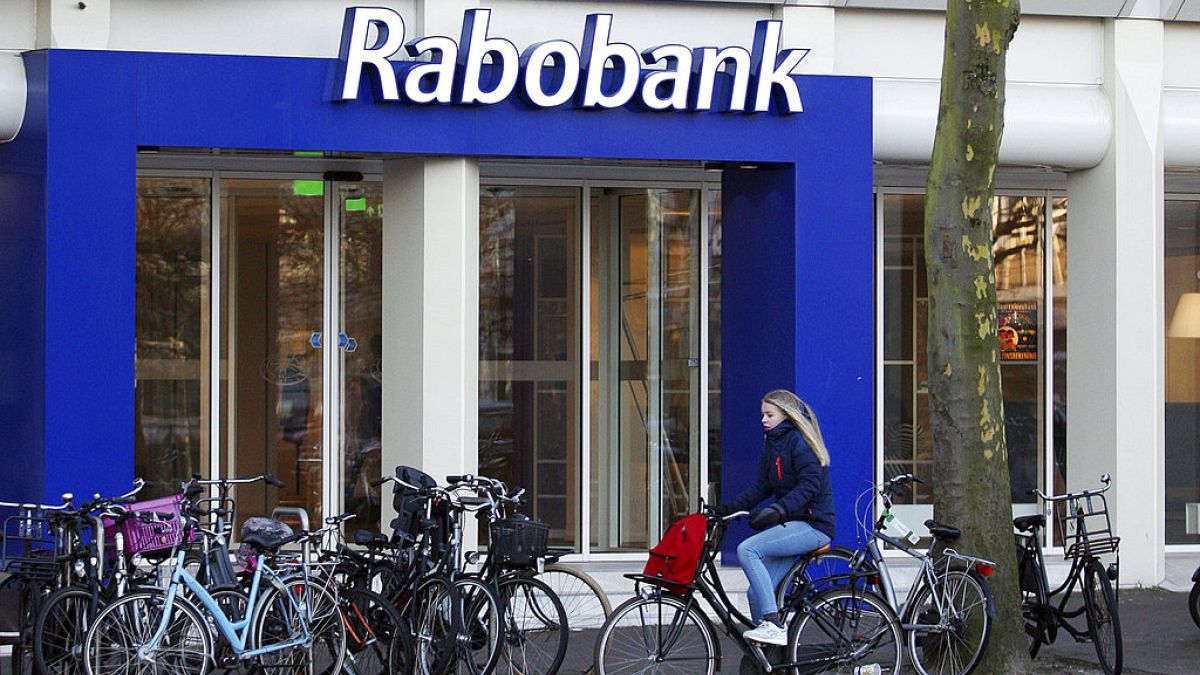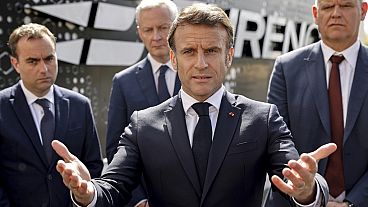The European Commission has slapped the Netherlands' Rabobank with a fine worth tens of millions of euros for its decade-long involvement in a cartel with Deutsche Bank concerning the trading of certain euro-denominated bonds.
Dutch bank Rabobank is facing a €26.6 million fine from EU antitrust regulators for its involvement in a decade-long euro-denominated bonds trading cartel.
The European Commission revealed that the cartel, operating between 2006 and 2016, focused on euro-denominated SSA bonds (Supra-Sovereign, Foreign Sovereign, Sub-Sovereign/Agency bonds) and government-guaranteed bonds traded in Europe.
These government-guaranteed bonds were issued in response to the 2008 global financial crisis for a limited period.
The development is part of a broader trend where banks worldwide have been fined billions of euros by antitrust enforcers in recent years for manipulating crucial financial benchmarks and currencies.
Deutsche Bank involved, but immune
The European Commission detailed that Rabobank, along with Germany's Deutsche Bank, participated in exchanging commercially sensitive information and coordinating trading and pricing strategies.
The traders operated at Deutsche Bank's EUR SSA desk in Frankfurt and Rabobank's Investment Grade Bonds desk in London. Communication among them occurred through Bloomberg emails, instant messages, and online chatrooms.
Deutsche Bank managed to avoid a fine of almost €156 million by alerting the European Union's competition watchdog to the cartel, triggering an investigation in 2017.
The German bank received full immunity from fines for its proactive cooperation with the European Commission due to its cooperation under the leniency programme.
Fines, bonds and Brexit
The fines were determined based on the Commission's 2006 Guidelines, taking into account the value of sales, the serious nature of the infringement, its geographic scope, and duration.
Bonds, as debt securities, play a vital role in international financial markets, enabling entities to raise funding. Euro-denominated SSA bonds include Supra-Sovereign, Foreign Sovereign, and Sub-Sovereign/Agency bonds.
"Trustworthy and well-functioning bonds trading markets are crucial not only for the national authorities issuing bonds but also for the investors buying and trading," said EU antitrust chief Didier Reynders in a statement.
Article 101 of the Treaty on the Functioning of the European Union and Article 53 of the EEA Agreement prohibit cartels and other restrictive business practices.
The investigation began in May 2017, following an immunity application by Deutsche Bank, with a Statement of Objections sent to both banks in December 2022.
Fines imposed for breaching EU antitrust rules contribute to the general EU budget, reducing the burden for taxpayers. In accordance with the EU-UK Withdrawal Agreement, the EU will reimburse the UK for its share of the fine once it becomes definitive.
Rabobank stated in a press release to Euronews that they were 'disappointed by the outcome'.



